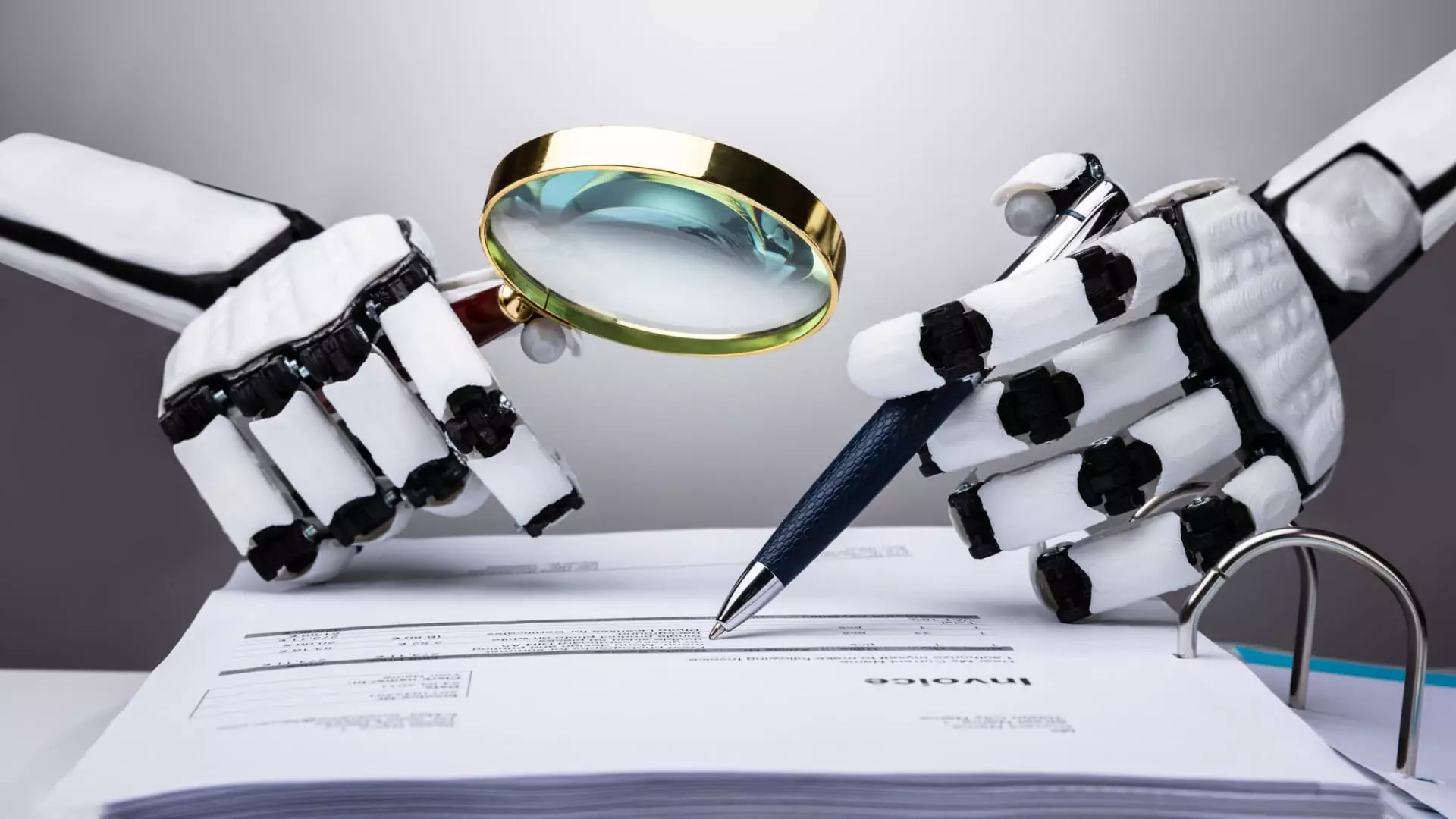Artificial intelligence has been a significant area of technological advancement in recent years, with AI-powered agents making waves in various industries. According to a report by technology services giant Capgemini, AI agents are expected to collaborate and work together in a “multi-agent AI” system by 2025. This development marks a major shift in the capabilities of AI technology, paving the way for more sophisticated and autonomous systems.
The concept of AI agents involves the use of technology designed to function independently, plan, reflect, pursue higher-level goals, and execute complex workflows with minimal human oversight. Unlike traditional AI systems that follow instructions, these agents have the ability to understand, interpret, adapt, and act independently. This level of autonomy opens up new possibilities for AI technology, allowing these agents to replace human workers for certain tasks.
According to Capgemini, there are two types of AI agents: individual agents and multi-agent technology. Individual agents are capable of carrying out tasks on behalf of users, while multi-agent technology involves agents communicating with each other to achieve common goals. For example, a marketing-focused AI agent creating an ad campaign for an organization could seamlessly collaborate with another agent in the legal department to ensure legal compliance.
Capgemini’s research revealed that a vast majority of companies surveyed are planning to integrate AI agents within the next one to three years. While 82% of companies have plans to adopt AI agents, only 7% have no intention of integrating these autonomous systems. This trend signifies a growing interest and investment in AI technology across various industries.
AI agents are expected to play a crucial role in automation, with 71% of organizations anticipating that these agents will facilitate various automated processes. Additionally, 64% of firms believe that AI agents will relieve human workers of repetitive tasks, allowing them to focus on more value-added functions such as improving customer experience. This shift towards automation and efficiency is driving the adoption of AI agents across different sectors.
The adoption of AI agents varies across industries, with some sectors embracing this technology more than others. For instance, the aerospace and defense industry has seen significant investment in generative AI, with 88% of organizations implementing these technologies. In contrast, the retail sector has a lower adoption rate of 66%. The disparity in adoption rates highlights the diverse applications and impact of AI agents in different industries.
While large companies are leading the way in adopting generative AI, smaller firms are still catching up. Companies with higher annual revenues are more likely to invest in AI technology, enabling them to measure results more effectively and implement changes quickly. As the technology landscape continues to evolve, organizations of all sizes will need to embrace AI agents to stay competitive and drive innovation in their respective industries.
The integration of AI agents in a multi-agent system represents a significant milestone in the evolution of AI technology. With the potential to enhance automation, efficiency, and collaboration, AI agents are poised to revolutionize various industries by 2025. As companies continue to invest in AI technology and explore new opportunities for growth, the role of AI agents will become increasingly central to their operations and success.


Leave a Reply
You must be logged in to post a comment.